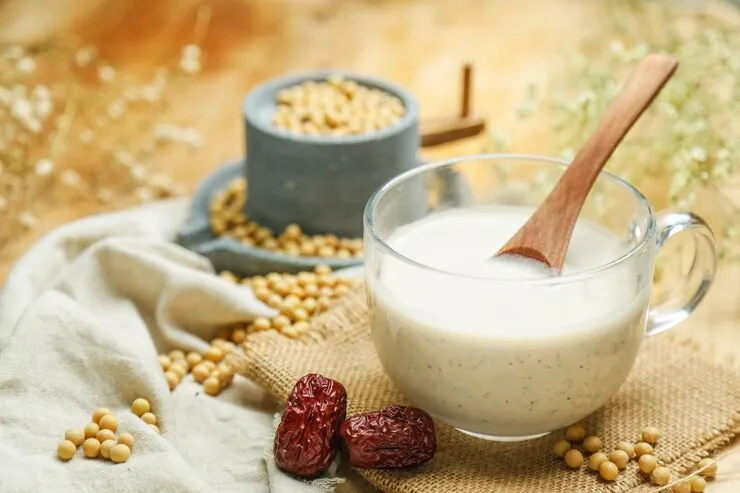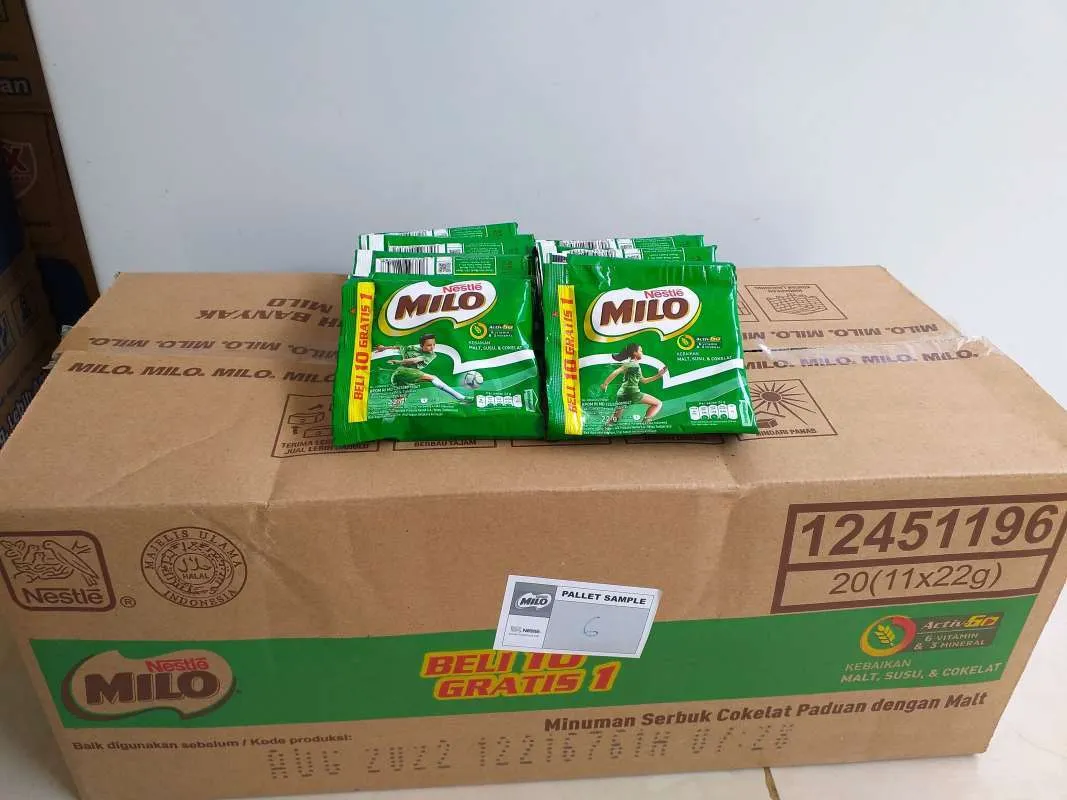Mass Gainer vs Whey Protein – Which One Builds More Muscle?
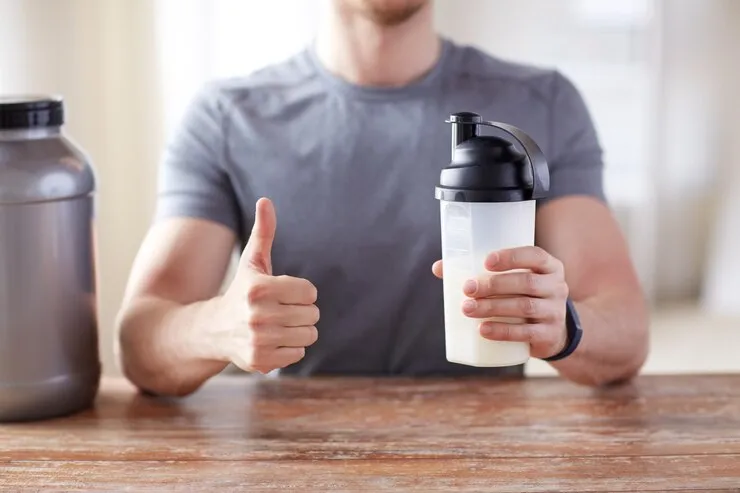
- Introduction
- What is Mass Gainer?
- What is Whey Protein?
- Mass Gainer vs Whey Protein: A Detailed Comparison
- Choosing Between Mass Gainer and Whey Protein
- Maximizing Results: Tips for Using Mass Gainer and Whey Protein
- Combining Mass Gainer and Whey Protein
- Potential Side Effects and Precautions
- The Role of Diet and Exercise
- Conclusion
- Frequently Asked Questions
When it comes to building muscle and gaining mass, two popular supplement options often come up: mass gainers and whey protein. But which one is truly better for achieving your muscle-building goals? Let’s dive into a comprehensive comparison to help you make an informed decision.
Introduction
Are you struggling to pack on muscle mass despite hitting the gym regularly? You’re not alone. Many fitness enthusiasts face this challenge, and that’s where supplements like mass gainers and whey protein come into play.
Mass gainers and whey protein are both designed to support muscle growth, but they work in different ways. Understanding these differences is crucial for choosing the right supplement to align with your fitness goals.
What is Mass Gainer?
Mass gainer is a high-calorie supplement designed to help you gain weight and build muscle mass. It’s typically a powder that you mix with water or milk to create a shake.
Key Components of Mass Gainer
Mass gainers generally contain:
- Protein (usually a blend of different types)
- Carbohydrates (often from maltodextrin or other complex carbs)
- Fats (in smaller amounts)
- Vitamins and minerals
The protein content in mass gainers helps support muscle growth and recovery. The high carbohydrate content provides energy and helps create a caloric surplus necessary for gaining weight.
Benefits of Mass Gainer
- Convenient way to increase calorie intake
- Supports weight gain in hardgainers
- Provides nutrients for muscle growth and recovery
- Can be used as a meal replacement
Read This! BCAA Powder Terbaik untuk Mass Building dan Cutting 2025
Potential Drawbacks
- High in calories, which may lead to fat gain if not carefully monitored
- Can be expensive compared to whole food alternatives
- May cause digestive issues in some people due to high carb content
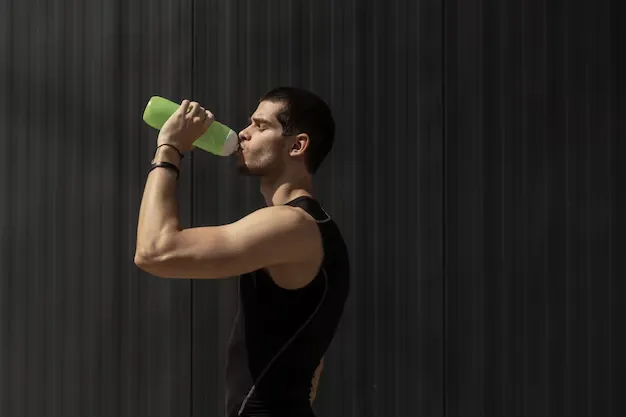
What is Whey Protein?
Whey protein is a fast-absorbing protein derived from milk during the cheese-making process. It’s one of the most popular protein supplements on the market.
Types of Whey Protein
There are three main types of whey protein:
- Whey Protein Concentrate (WPC)
- Whey Protein Isolate (WPI)
- Whey Protein Hydrolysate (WPH)
Each type varies in protein content and processing methods, with isolate being the purest form.
Benefits of Whey Protein
- Fast-absorbing, making it ideal for post-workout recovery
- Rich in essential amino acids, particularly leucine
- Supports muscle protein synthesis
- Lower in calories compared to mass gainers
- Can aid in fat loss when combined with resistance training
Potential Drawbacks
- May not provide enough calories for those looking to gain weight
- Some people may be lactose intolerant or allergic to dairy proteins
Mass Gainer vs Whey Protein: A Detailed Comparison
Now that we’ve covered the basics of both supplements, let’s compare them head-to-head on various factors.
Calorie Content
Mass Gainer: Typically contains 500-1200 calories per serving
Whey Protein: Usually contains 100-150 calories per serving
The high calorie content of mass gainers makes them suitable for those struggling to gain weight. However, this can also lead to unwanted fat gain if not carefully monitored.
Protein Content
Mass Gainer: Contains 30-60g of protein per serving
Whey Protein: Usually provides 20-30g of protein per serving
While mass gainers contain more protein per serving, they also come with a higher calorie count. Whey protein offers a more concentrated protein source with fewer calories.
Carbohydrate Content
Mass Gainer: High in carbs, often 75-300g per serving
Whey Protein: Low in carbs, typically less than 5g per serving
The high carb content in mass gainers provides energy and helps create a caloric surplus. Whey protein, being low in carbs, is more suitable for those watching their carbohydrate intake.
Fat Content
Mass Gainer: Contains some fat, usually 5-10g per serving
Whey Protein: Very low in fat, often less than 2g per serving
The fat content in mass gainers contributes to the overall calorie count and can help with hormone production. Whey protein is virtually fat-free, making it a leaner option.
Digestibility
Mass Gainer: Can be harder to digest due to high calorie and carb content
Whey Protein: Generally easier to digest, especially whey isolate
Some people may experience bloating or digestive discomfort with mass gainers due to their high calorie content. Whey protein is typically easier on the stomach.
Cost
Mass Gainer: Generally more expensive per serving
Whey Protein: Usually more affordable per serving
The higher calorie and nutrient content of mass gainers often makes them more expensive. Whey protein offers a more budget-friendly option for those primarily focused on protein intake.
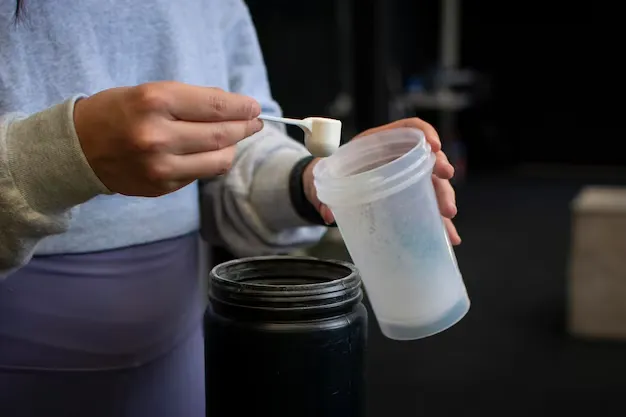
Choosing Between Mass Gainer and Whey Protein
The choice between mass gainer and whey protein ultimately depends on your specific fitness goals and nutritional needs. Here are some scenarios to help guide your decision:
When to Choose Mass Gainer
- You’re a hardgainer struggling to put on weight
- You have a fast metabolism and need extra calories
- You’re in a bulking phase and need to increase calorie intake
- You have a busy lifestyle and struggle to eat enough whole foods
When to Choose Whey Protein
- You’re looking to build lean muscle without excess weight gain
- You’re in a cutting phase and need to control calorie intake
- You want a fast-absorbing protein for post-workout recovery
- You’re looking for a versatile protein supplement to add to various recipes
Maximizing Results: Tips for Using Mass Gainer and Whey Protein
Regardless of which supplement you choose, here are some tips to help you maximize your results:
- Consistency is key: Use your chosen supplement regularly as part of a balanced diet and exercise routine.
- Time your intake: For mass gainers, consider using them between meals or before bed. For whey protein, consumption immediately after workouts can be beneficial.
- Monitor your progress: Keep track of your weight, body composition, and strength gains to ensure you’re moving towards your goals.
- Don’t neglect whole foods: Supplements should complement a balanced diet, not replace it entirely.
- Stay hydrated: Proper hydration is crucial for muscle growth and overall health.
- Get enough sleep: Adequate rest is essential for muscle recovery and growth.
- Adjust as needed: Be willing to adjust your supplement intake based on your progress and changing goals.
Combining Mass Gainer and Whey Protein
Some athletes choose to use both mass gainer and whey protein at different times to support their muscle-building goals. Here’s how you might combine them:
- Use mass gainer on non-training days or when you need extra calories
- Use whey protein immediately after workouts for fast recovery
- Alternate between the two based on your current phase (bulking or cutting)
Remember, it’s always best to consult with a nutritionist or fitness professional to create a supplement plan tailored to your specific needs and goals.
Potential Side Effects and Precautions
While both mass gainer and whey protein are generally safe for most people, there are some potential side effects to be aware of:
Mass Gainer Side Effects
- Unwanted weight gain (if calories aren’t properly monitored)
- Digestive issues like bloating or gas
- Potential spikes in blood sugar levels
Whey Protein Side Effects
- Digestive discomfort in some people (especially those with lactose intolerance)
- Potential allergic reactions in those with milk allergies
- Headaches or thirst due to increased protein intake
Always start with a smaller serving size to assess your tolerance, and consult with a healthcare professional if you have any concerns or pre-existing health conditions.
The Role of Diet and Exercise
While supplements like mass gainer and whey protein can be valuable tools in your muscle-building journey, they’re not magic bullets. A balanced diet and consistent exercise routine are crucial for achieving your fitness goals.
Importance of a Balanced Diet
- Provides a wide range of nutrients essential for muscle growth and overall health
- Supports sustained energy levels throughout the day
- Aids in proper recovery and reduces the risk of nutrient deficiencies
The Power of Resistance Training
- Stimulates muscle protein synthesis
- Increases strength and muscle mass
- Improves overall body composition
Remember, supplements should complement your diet and exercise routine, not replace them.
Conclusion
Both mass gainer and whey protein have their place in the world of muscle-building supplements. Mass gainer is ideal for those struggling to gain weight or needing a significant calorie boost, while whey protein offers a leaner option for those focused on muscle growth without excess weight gain.
Ultimately, the best choice depends on your individual goals, body type, and nutritional needs. By understanding the differences between these supplements and how they align with your fitness objectives, you can make an informed decision to support your muscle-building journey.
Remember, supplements are just one piece of the puzzle. A balanced diet, consistent exercise routine, and proper rest are all crucial components of achieving your fitness goals. Consider consulting with a fitness professional or nutritionist to create a comprehensive plan that includes the right supplements for your needs.
Frequently Asked Questions
- Can I use mass gainer and whey protein together?
Yes, you can use both supplements, but it’s important to monitor your overall calorie and protein intake to ensure you’re not overdoing it. - Will mass gainer make me fat?
If consumed in excess without proper exercise, mass gainer can lead to fat gain. It’s important to use it as part of a balanced diet and exercise program. - Is whey protein suitable for vegetarians?
While whey protein is derived from milk, it’s suitable for lacto-vegetarians. Vegans would need to look for plant-based protein alternatives. - How long does it take to see results from using these supplements?
Results can vary depending on factors like diet, exercise, and individual metabolism. Consistent use combined with proper training typically shows results within 4-8 weeks. - Can women use mass gainer or whey protein?
Yes, both supplements are suitable for women. The choice between them should be based on individual fitness goals and nutritional needs.

